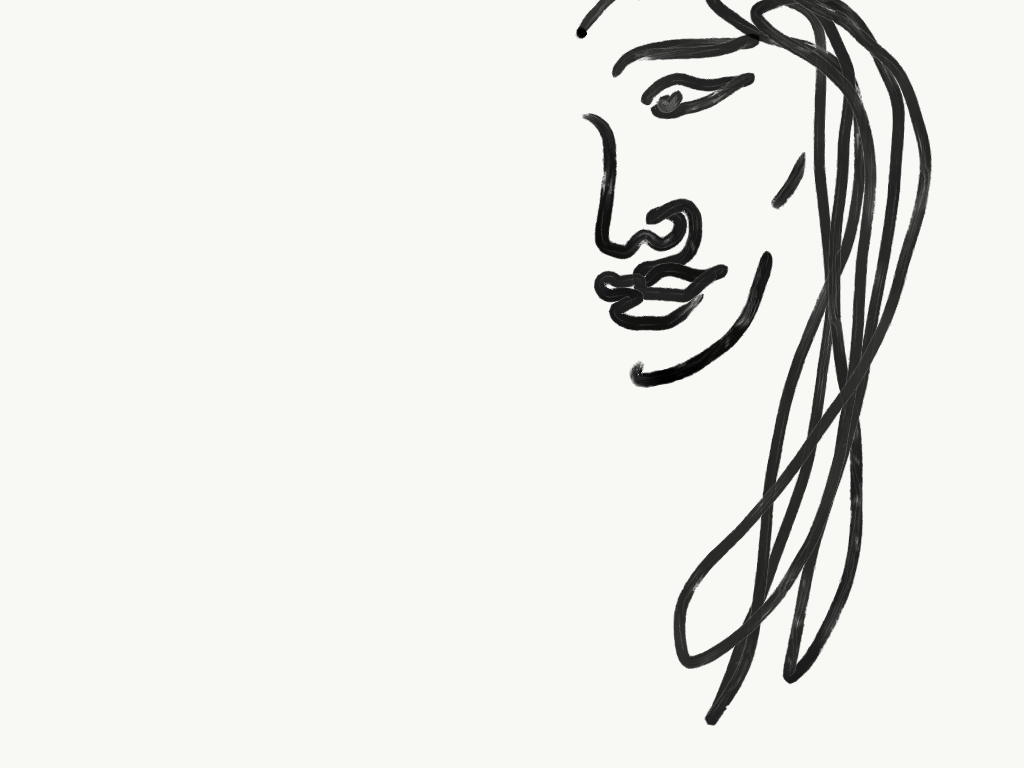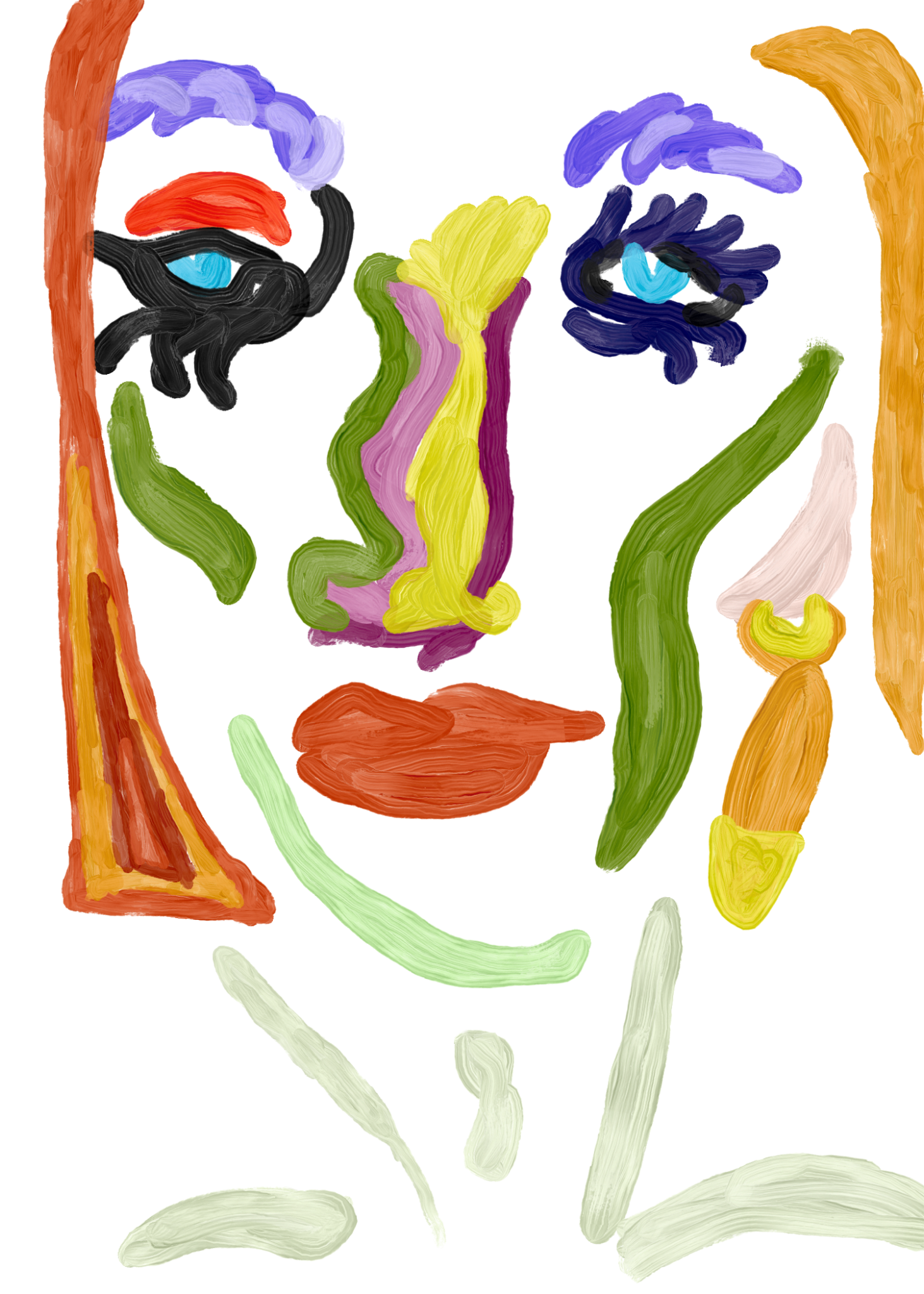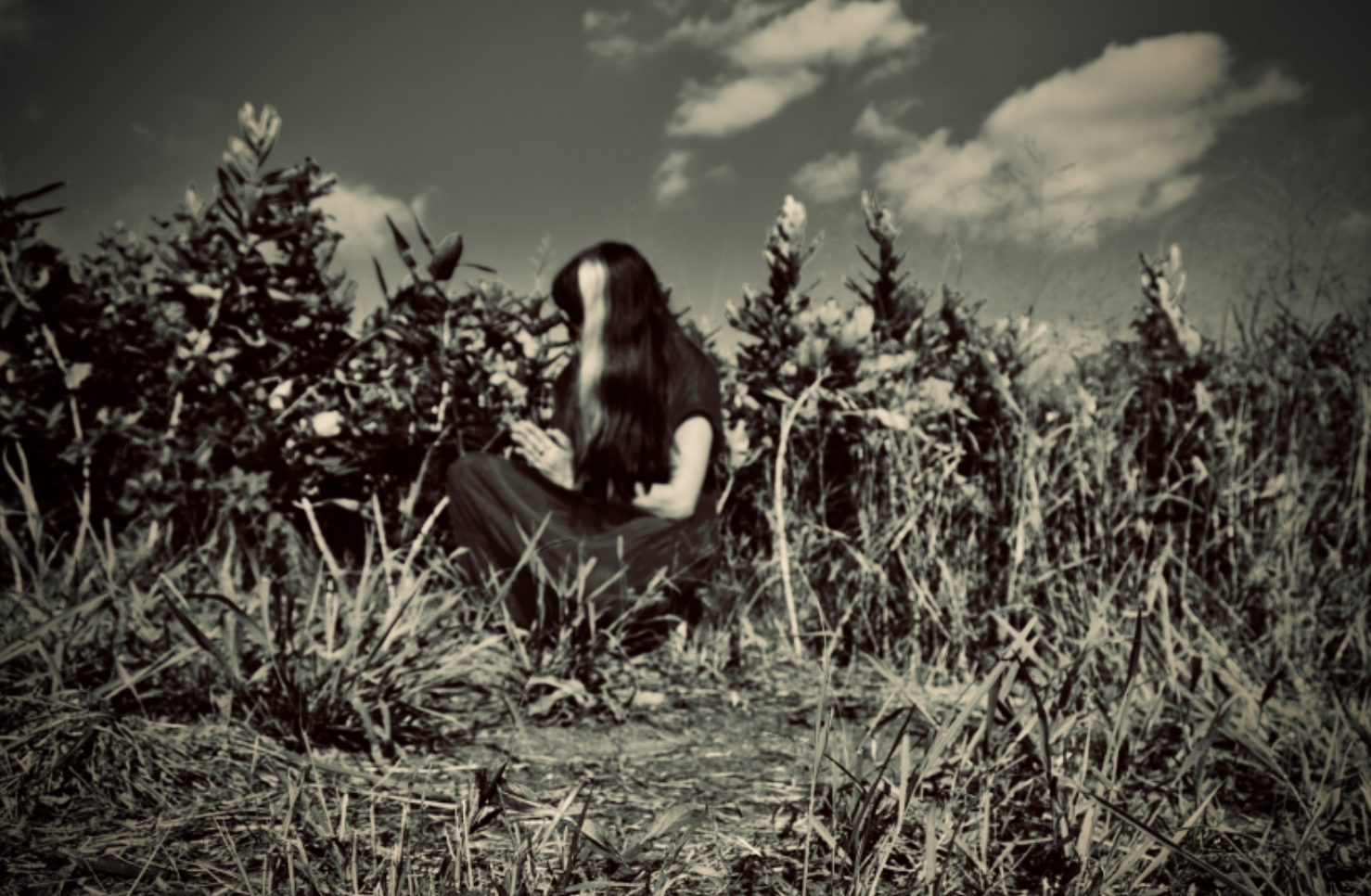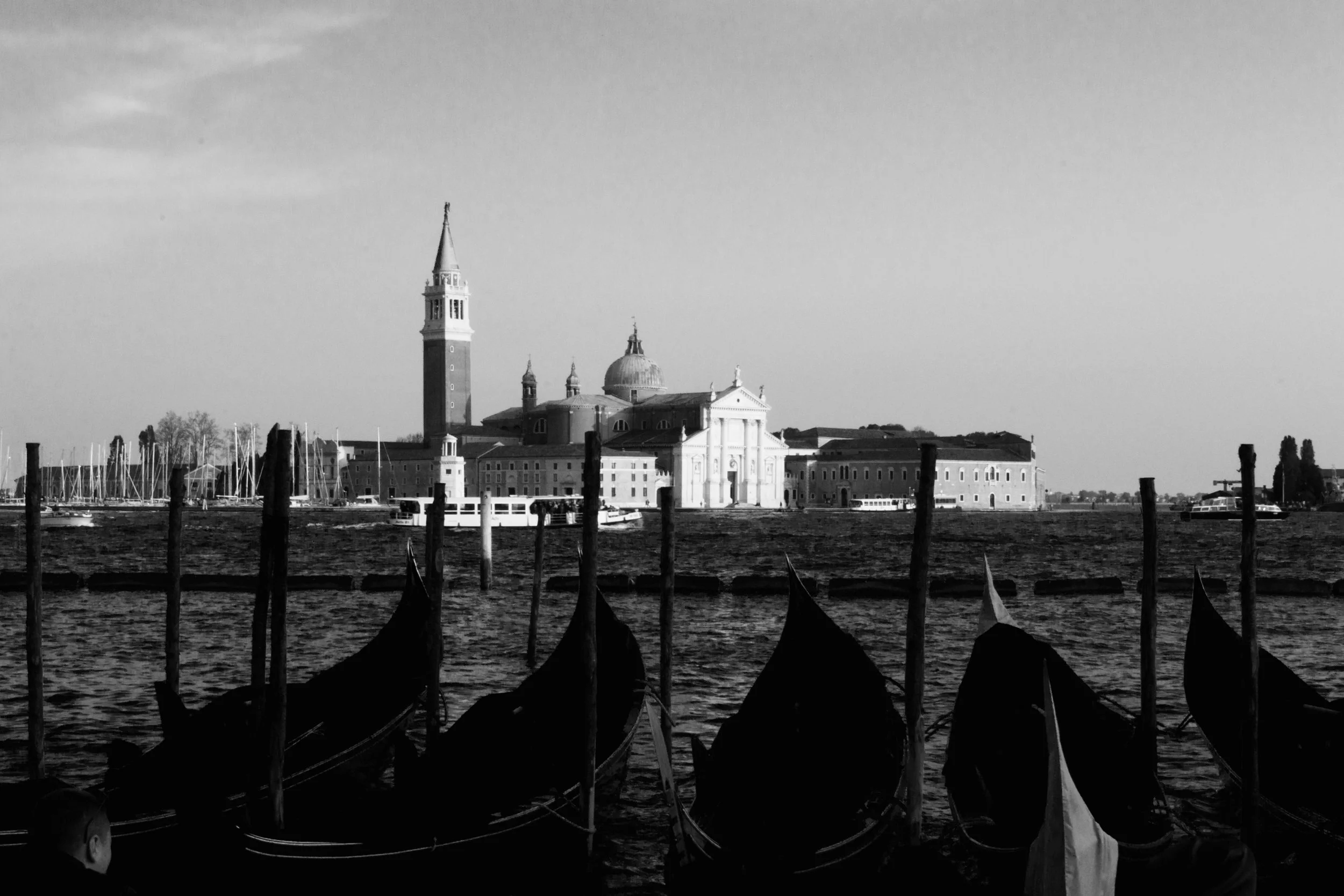LISA MARIE BASILE: How did you decide to pivot from poetry to photography in this specific text? Also, cnn you talk a little more about the photos you took of yourself? Was this a move toward autonomy?
In this case, I didn't want the editorial gaze and editorialization of poetry, of language. Language is a beautiful spell, a kind of magic - but I wanted to focus on capturing something as it is, in its vulnerability and true form, rather than channeling the energy into something else entirely. In this way, however, the autonomy becomes center to it in a way that it doesn't with writing. Writing, of course, is completely controlled by its author, but a photo is an interesting, intimate collaboration between the artist and its subject, whether human or nature. In some way, it is me giving away control and autonomy to another being, and building trust, but it's also a way to gain empowering autonomy within the very choice of that relationship, and being autonomous in steering the shoot and the artistic direction.
There are captions to the photos, which does bring an element of language to the photos, to give them some context. This context, however, gives to the healing process and gives meaning to that journey. However, it doesn't give context to each survivor's journey, because those details are irrelevant. We are all survivors, and our details don't need to isolate us - however, our being and vulnerability and experience can connect us in ways that are magical. That energy is real and palpable, and we can use it for good. In a way, this book is one big healing spell, hoisting all of this energy in a hopefully positive way for people.
LISA MARIE BASILE: The idea of including an accompanying digital photo series outside of the book is lovely. It gives lots of people a chance to take part. What do you hope the overall message is, and how do you want to change the way we talk about survival and allyship?
I want to make it move beyond gender and sexuality, and those stereotypes and concepts in our head. When we talk about pain, trauma, and struggle, we often talk about it especially in those terms, which are very isolating to the queer communities. If someone, for instance, identifies as nonbinary, where do they fit into that equation? Most times, the conversation tends to focus on certain demographics and I don't think that is always the most helpful approach. I've had countless people tell me how they thought they couldn't tell anyone of their experiences, because they wouldn't be taken seriously because of their gender - or that they would be ostracized or not believed. That's incredibly painful, to feel as if you are being silenced, and then to invariably silence yourself. That creates an entirely different kind of trauma - and having a lack of support is the opposite of what should be happening.
So really, I want to break down barriers. I want people to realize anyone can be a survivor; there is no one person or body that fits the description. If we come from a place of love and empathy and compassion, rather than trying to draw boundaries and pictures of what survivors look or act like, we can unify and work together to create a better support system and community. Isn't that the point, to help each other? I realize it's not always so easy, especially because our own ideas of ethics and justice and safe spaces vary, but it's impossible, in my opinion, to build a truly inclusive and safe space if we aren't welcoming of everyone.







































